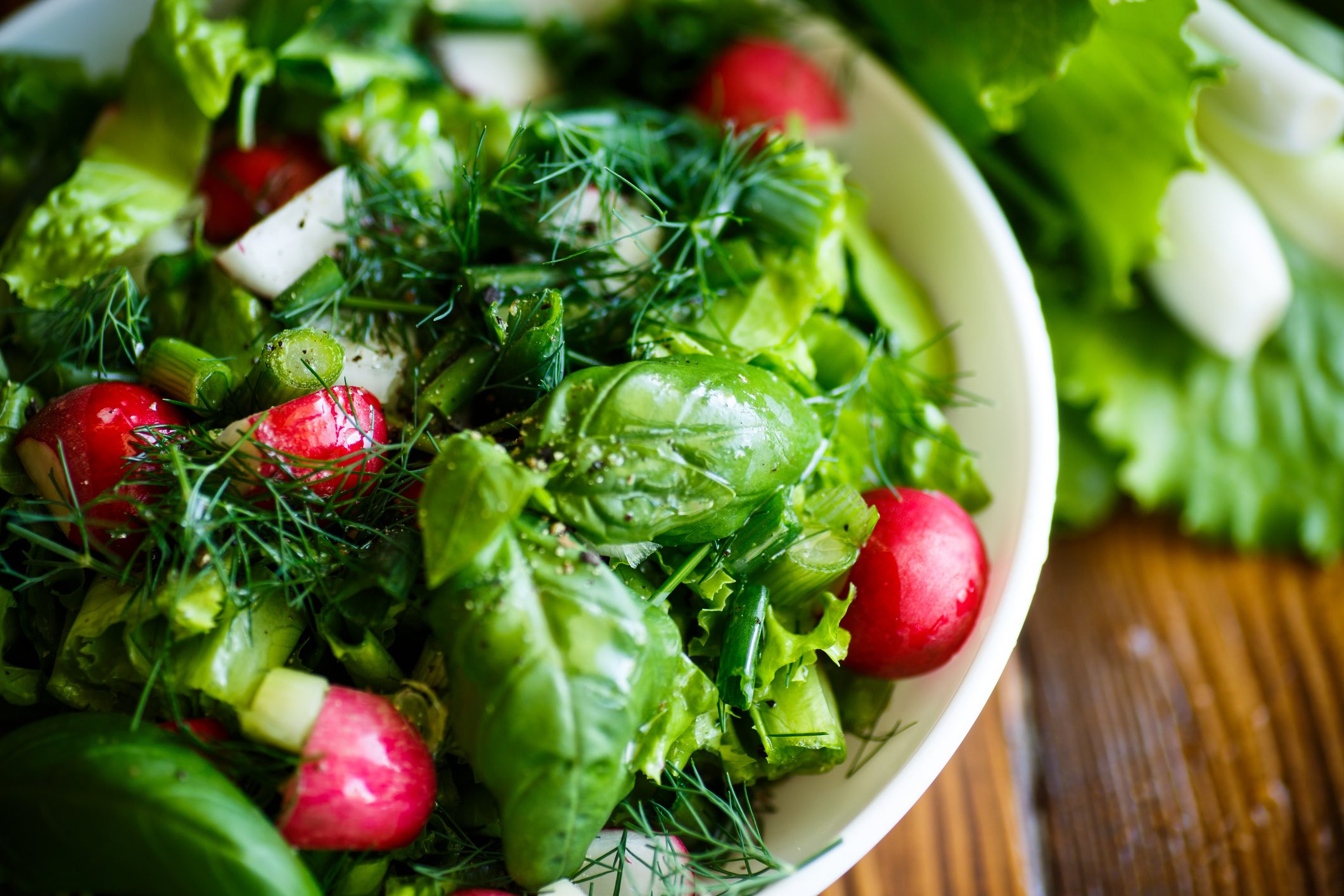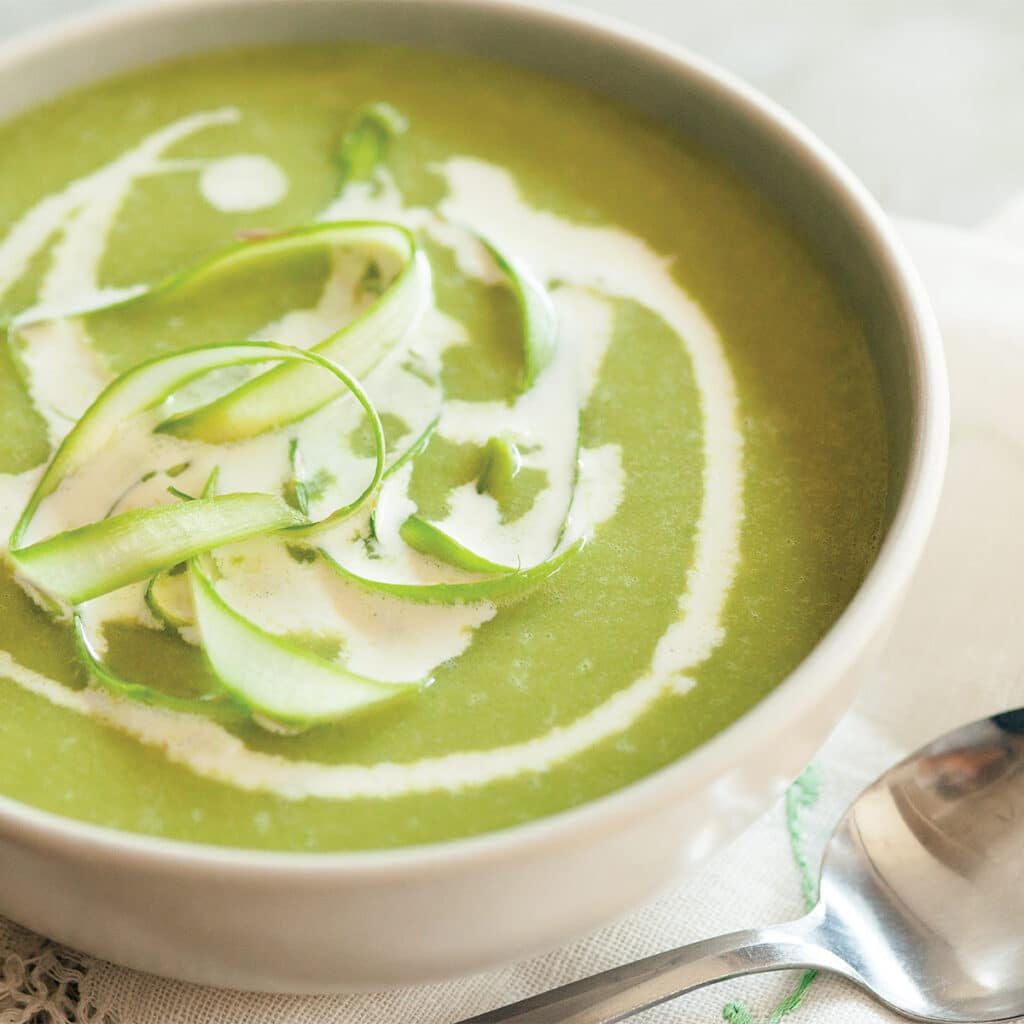The Importance of a Diet Rich in Greens
Since childhood we’ve heard, “Eat your vegetables!” And though we are constantly reminded of the health benefits of including ‘greens’ in our daily diet, we began to wonder, what happens if you don’t eat that nutritious produce? Here’s what local Licensed Nutritionist and Dietitian Pamela Kelle had to say on the subject.
“Constipation would be one of the first and most common results of not eating greens,” Kelle explains, “Green vegetables are an excellent source of fiber, so if you aren’t getting that fiber anywhere else in your diet, you’ll likely suffer from constipation.” Other effects include a weakened immune system – greens are very helpful to your gut, reducing inflammation and aiding digestion. This is where a vast majority of your immune system is located, so if you’re neglecting greens, your immune system will struggle.
Weight gain – if you aren’t achieving a feeling of fullness from eating plenty of vegetables, you’re likely getting additional calories from other sources that are less healthy and cause weight gain. Vegetables are a much healthier path to hunger satisfaction, and they’re lower in calories.



Another issue with not eating your greens, which would be a worst-case scenario, is vitamin deficiency. According to Kelle, “It is also possible that you could develop vitamin deficiencies and any conditions related to those vitamin deficiencies, by not eating enough vegetables. But that’s an extreme case.”
You’re probably thinking, ‘Great, but it’s winter. How do I get my greens now?’ It’s true that fresh produce is less abundant this time of year, but did you know that frozen vegetables boast more nutrients than their canned alternatives? Kelle emphasizes not to fear frozen or let that deter you from maintaining a proper daily intake of vegetables in spite of the season. “Soups and smoothies are great ways to work vegetables into your diet when you’re having to choose frozen.”
“There have been cases of cultures surviving without greens – like Nordic cultures in Siberia. But this was an adaptation over generations to that type of diet in that particular climate.” So, aside from a cultural adaptation, Kelle says we should be getting at least four to five servings a week of green vegetables.
An appropriate serving size would be between one and two cups. If this seems like a lot, she recommends chasing down some natural vegetable juice. “Keep in mind, these nutrients are water-soluble, meaning they don’t stay in the body. So you have to take them in every day,” she notes.
For the most stubborn eaters, she also pleads, “If you just absolutely won’t eat vegetables, could you at least eat some fruit?” A good multivitamin is another simple way to help supplement your diet if you know you’re falling short on the serving scale.
Kelle also cautions away from forcing vegetables onto children. “Kids will survive without their vegetables, but if you force them to eat something they hate, they could develop an aversion to vegetables that carries over into adulthood.”
Just a few of the results that Kelle’s clients have reported when they bump their greens intake include: better skin, more energy, and ease in maintaining weight. Greens are jam-packed with antioxidants and anti-inflammatory properties that help reduce risk of heart disease and cancer, as well as reduce inflammation in the gut and heart. The take-away? Just eat your vegetables!


Pamela Kelle, RDN, LDN, CEDRD
Owner of Your Own Food Coach

